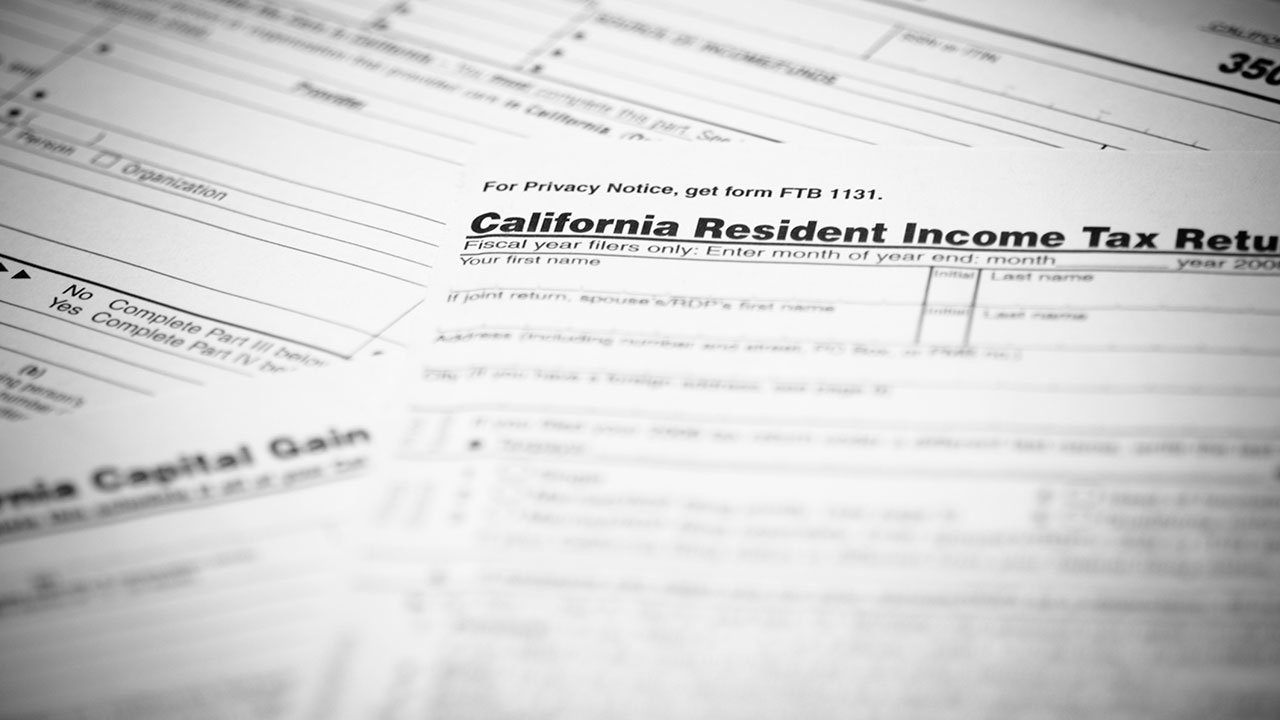
With housing prices being as high as they are in California – especially in certain centers such as the San Francisco Bay Area – many residents of the state are choosing to rent. Since the 1950s, the homeownership rate in California has dropped below the national rate. Between 2006 and 2014, the number of renter-occupied units jumped by approximately 850,000.
But even rent prices can be pretty hefty: the median rent for a 2-bedroom unit in L.A. is $2,700, while San Francisco’s median rent for a 1-bedroom is a whopping $3,370.
That said, there are certain tax breaks that California’s renters may be able to take advantage of if eligible, which can help to ease the burden of the cost of renting and put a few bucks back in their pockets.
Property Tax Deductions

Some states let renters apply for tax credits that are made for rent payments, and luckily, California happens to be one of them. Renters are able to take advantage of a renter’s credit of $60, or $120 if filing jointly.
In order to take advantage of this credit, specific criteria must be met, including the following:
While $60 or $120 isn’t exactly a whole lot of money, it can certainly add up over the years when filing your taxes.
The California renter’s credit was actually suspended for a few years between 1993 and 1997 but was then reinstated as of January 1, 1998 thanks to Assembly Bill 2797. The credit is nonrefundable, and you’re required to have a tax liability to claim.
Property Loss Deductions

Like a regular owner-occupied home, anything can happen, including fires, damage from natural disasters, vandalism, theft, and other mishaps. While your landlord is technically responsible for insuring the actual structure of the property, you should have your own insurance policy that covers the loss or damage of any of your personal property. Should anything occur, you would be able to file a claim and get reimbursed for any financial loss suffered as a result of any negative situations.
As a renter, you may also be eligible to deduct your property losses as a result of any of the above-mentioned scenarios, as long as the reimbursements haven’t already been made by your insurance provider. It’s either one or the other.
Home Office Deductions

If you run a business from home, you may be able to make certain deductions associated with a home office, even if you don’t own the property. Expenses that are associated with your business can be deducted from both your state and federal taxes.
This is definitely a situation that should be sorted out with an accountant or tax specialist as home office deductions can often be complex. For instance, if only a portion of the property is being used for your business, you will have to get exact measurements of the area of that specific space.
The amount of the rent that can be deducted must be represented by the part of the property that’s being used for your business. It should also reflect a prorated component of any utilities that are paid that go strictly towards the operation of your business from home, including electricity, gas, and water. You’re also allowed to deduct renter’s insurance as well.
It’s important that the portion of the home that you deduct from your taxes is only used for running your business. The deduction is then calculated by using the percentage of the space used for your business from the whole property square footage, after which this percentage of the rent can be deducted from your taxes.
You might also be able to write off any expenses related to your vehicle if it’s used for your business. Two methods can be used, including the Standard Mileage Rate Method or Actual Expense Method. Either method will require that you closely track your mileage as related to business trips and keep it separate from any personal mileage.
The Bottom Line
While homeowners have a few more tax deductions that they can claim compared to renters, there are still some ways for tenants to put some money back in their pockets. It’s important to speak with a tax specialist or accountant who is well versed in the realm of taxes – especially when it comes to deductions eligible for renters – in order to claim the maximum amount and prevent leaving money on the table after paying Uncle Sam.